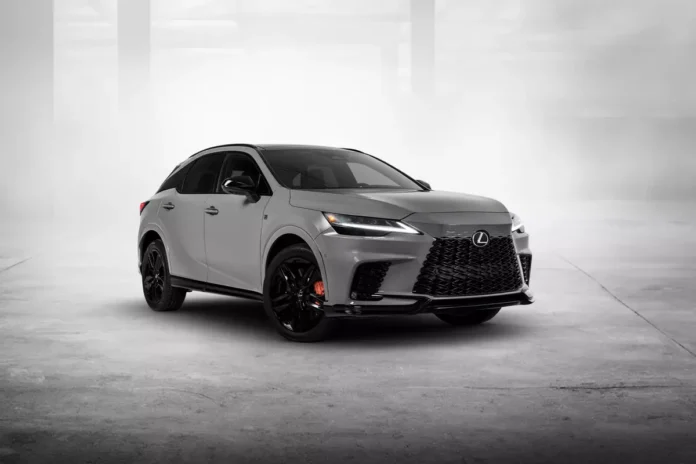Ford Redirects Electrification Efforts
In a significant announcement, Ford has revealed a major shift in its strategy towards electrification. The automaker has confirmed that it will be canceling its plans to build a new electric three-row SUV, a move that signifies a broader pivot in its approach.

Focus on Hybrid Technology
Ford’s new strategy places a greater emphasis on hybrid vehicles. According to the company, hybrid technology offers a more cost-effective solution for customers compared to fully electric vehicles. As part of this new direction, Ford has decided to reduce its annual spending on fully electric vehicles from around 40 percent to approximately 30 percent. This financial recalibration will allow the company to make battery sourcing more efficient.
Upcoming Hybrid and Electric Models
The cancellation of the electric three-row SUV plans does not mean a complete departure from innovation. Instead, Ford will be utilizing hybrid technology for its upcoming three-row SUVs. While the exact number of these models is not yet specified, this decision marks a milestone in Ford’s electrification journey.
Moreover, Ford will be introducing hybrid powertrains to its F-Series Super Duty pickup lineup. On the electric vehicle front, the production of a new commercial electric van has been rescheduled to start in 2026 at the Ohio Assembly Plant. Additionally, Ford’s next-generation electric truck, initially set for production in 2025, is now postponed to the latter half of 2027.
Future Developments
Besides these initiatives, a mid-size electric pickup truck designed by the California-based “skunkworks” team is slated for 2027, although detailed information on this project remains scarce. Jim Farley, Ford’s President and CEO, emphasized the importance of competitive battery costs, highlighting the company’s commitment to reducing costs related to battery sourcing and production.
One noteworthy move in this direction includes relocating Mustang Mach-E battery production from Poland to Holland, Michigan, in 2025 to benefit from Inflation Reduction Act incentives.


